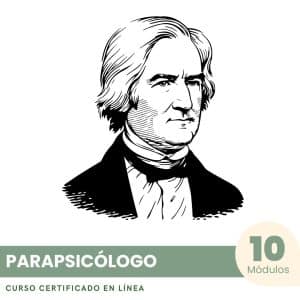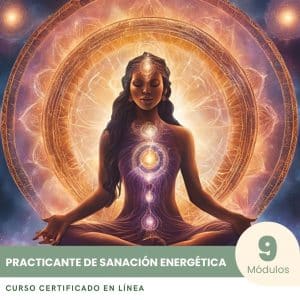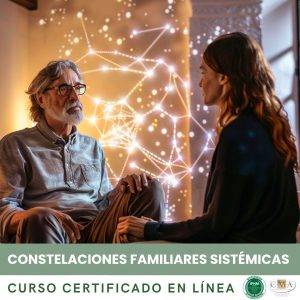
The humble and egalitarian posture is an essential quality for the Life Purpose Coach. In a profession focused on personal development support, it is fundamental that the coach cultivates an attitude of non-superiority and partnership with his clients. By humbly recognizing his own humanity and limits, the coach can create an authentic relationship conducive to mutual growth.
The coach’s humility begins with the recognition of his own vulnerability and imperfections. Far from the image of the “guru” holding all the answers, the coach authentically assumes his own doubts, mistakes and areas of fragility. He presents himself to his clients as a human being on a journey, also confronted with the challenges of life. This humility creates a climate of trust and security, where the client can dare to reveal his own faults without fear of being judged.
Imagine a coach who sincerely shares with his client his own difficulty in managing his work / personal life balance. By showing his vulnerability, he encourages his client to also express his struggles without shame. This reciprocity in sharing creates a more horizontal and embodied coaching relationship, based on shared humanity.
The coach’s humility also comes through the recognition of his own limits and ignorance. Rather than pretending to have an answer to everything, the coach welcomes with curiosity and openness what he does not yet know. He positions himself alongside his client as a researcher and learner, ready to explore new territories. This non-knowing posture creates a space for emergence and co-creation, where unprecedented solutions can be born.
Take the example of a client who wants to retrain in a field completely unknown to the coach. Rather than feigning expertise, the coach can humbly express: “This is a sector that I know little about, but I am very curious to explore its opportunities and challenges with you. Let’s learn together!” This intellectual honesty strengthens mutual trust and commitment in the relationship.
The coach’s egalitarian posture manifests itself in his deep consideration for the expertise and resources of his client. Far from a hierarchical relationship where the coach would hold the truth from above, the coaching relationship is a partnership of equals. The coach believes that his client is naturally creative, full of resources, and capable of finding his own answers. His role is to support him compassionately in this process, not to think or decide for him.
Imagine a coach who, faced with a crucial life choice of his client, refrains from giving his personal opinion. Instead, he helps him clarify his own decision-making criteria: “You are the best placed to know what is right for you. Let’s explore together the different options, their advantages and disadvantages, so that YOU can make an informed choice.” This egalitarian posture strengthens the client’s autonomy and responsibility in his development.
Equality in the relationship also involves authentic and reciprocal communication. The coach dares a true and sincere word, while respecting his client. He allows himself to share his feelings, intuitions, and even his own experiences when they can serve the client’s journey. This relational authenticity invites the client to also dare to speak more freely and embodied.
Take the example of a coach who, faced with a very self-critical client, dares to tactfully reflect: “I allow myself to share that I hear a lot of harshness in the way you talk to yourself. This strikes me because I myself have long been at war with my own imperfections. And I discovered how liberating it is to cultivate self-compassion. What do you think?” This openness of the coach fosters a more horizontal and nourishing dialogue.
The egalitarian posture also involves valorizing and celebrating the client’s progress and successes. Instead of positioning himself as a “savior” or expert, the coach highlights the client’s power to act and victories, even the smallest ones. He helps him recognize and anchor his new skills, to develop lasting confidence and self-esteem.
Imagine a client who, after months of hesitation, finally dares to assert an important need in his romantic relationship. The coach can warmly congratulate him: “I want to highlight your courage to have initiated this authentic conversation with your partner. This is YOUR success! How do you feel about taking this step?” This celebration nourishes the client’s pride of being in charge of his life.
Cultivating a humble and egalitarian posture is therefore a subtle and demanding art for the coach. It requires continuous work on one’s ego, fears, and the need for control, to give full space to the client and his unique genius. It is a path of humility and letting go, in service of the freedom and power of being of the other. By embodying this posture, the coach promotes a relationship of cooperation and co-creation, where the coach and coachees grow together towards more alignment and fulfillment. Humility and equality are the keys to powerful and respectful support, which reveals the best of being.
Points to remember:
– The humble and egalitarian posture is essential for the Life Purpose Coach in order to create an authentic relationship conducive to mutual growth with his clients.
– Humility involves recognizing one’s own vulnerability, imperfections, and limits. By showing himself as a human being, the coach encourages his client to express himself without fear of judgment.
– The coach positions himself as a researcher and learner alongside his client, ready to explore new territories in a posture of non-knowing.
– The coaching relationship is a partnership of equals where the coach believes that his client is naturally creative, full of resources, and capable of finding his own answers.
– Authentic and reciprocal communication is key; the coach dares to speak truly and sincerely and shares his feelings and experiences when it can enhance the client’s journey.
– The coach valorizes and celebrates the client’s progress and successes, helping him recognize and anchor his new skills to develop trust and self-esteem.
– Cultivating this posture requires the coach to continuously work on his ego, fears, and the need for control, in service of the freedom and power of being of his client.
👉 To download docx (Editable) file click here : Click here
👉 To download PDF file click here : Click here
👉 To download MP3 file click here : Click here




















































































